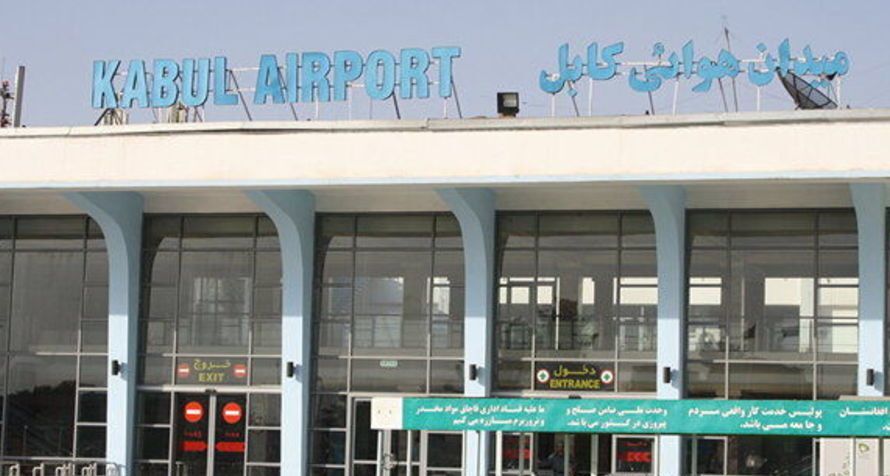PirMohammad Mola Zehi in an interview with the site of Strategic Council on Foreign Relations stated:” before Taliban took office, Afghanistan’s airspace was administered by Americans, that means all military and civil flights were at the disposal of Americans. But there was created a vacuum when the U.S. left, and then Turkey and Qatar expressed their readiness to fill the vacuum”.
Having replied the question that why Turkey has taken the initiative to administer Afghanistan’s aviation? He said:” the issue refers to how Recep Tayyib Erdogan sees Afghanistan; because Erdogan was already present in Afghanistan and has made investments in Turkish inhabitant parts of Afghanistan. Turkey is a NATO member too and it follows up the interests of NATO and Europe in Afghanistan”.
According to the expert, if the West and Turkey do not take initiative to the measure, i.e. taking aviation section of Afghanistan into their possession, China and Russia may step forward, in that case and in competition between the East and the West, the latter especially the Americans will lose”.
Having referred to the point that in this connection, Turkey has two advantages, Mola Zehi continued:” first, it is an Islamic country that can easily work in Afghanistan and second, it is a NATO member. Therefore, the general working conditions are more prepared for Turkey than for Qatar”.
On Qatari conditions to assume aviation responsibility of Afghanistan, he commented:” Qatar is more experienced and has more specialists than Turkey in aviation sector, but generally speaking, conditions are more prepared for Turkey than for Qatar”.
Having pointed out to Erdogan’s Neo-Ottomanism approach, Mola Zehi underscored that the approach contributes Ankara to play a better role in regional competition and in comparison with other countries that may wish to be present in Afghanistan.
The expert added:” however, it is not limited just to the airport, and Turkey wants to propagate Erdogan’s Muslim Brotherhood school of thought in Afghanistan”.
Having stated that at the moment there are three countries of Iran, Turkey and Saudi Arabia that claim to follow Islamic patterns, Mola Zehi explained:” when a country takes the administration of airports, and controls all flight traffic and aviation communications, its influence over other sectors will naturally increase accordingly. The point on which Erdogan has counted too”.
According to the expert, one should pay due attention that Turkey had already made investments in the Northern parts of Afghanistan. In order to protect those investments, Turkey needs to have a more effective presence there.
On the consequences of Turkey’s presence in Afghanistan and assuming the administration of the country’s airports, Mola Zehi said:” in case this happens, Turkey will be in a better position as far as regional competitions among Islamic countries in Afghanistan is concerned and this very issue will intensify the competitions among neighboring countries of Afghanistan; this is not a very much advisable issue”.
Having referred to the point that Turkey is playing a complicated game, the expert on Afghanistan issues explained:” that means it works with Taliban and at the same time prominent personalities of previous groups in Afghanistan including Ataa Mohammad Noor, General Dostum and Yunus Qanuni have been gathered there in Turkey under Erdogan’s banner they have formed a Resisting Front against Taliban”.
On how Taliban sees the Turkish approach, he said Taliban believe that these forces can not endanger their authority.
On the Turkish measure and its benefits for Turkey, Mola Zehi told: first, Turks can broaden their influence in Afghanistan and can bring Turkish inhabitant regions of Afghanistan under their control, and this will be beneficial to Erdogan himself. Likewise, the links that Turkey can make through Afghanistan with Turkish speaking countries like Turkmenistan, Uzbekistan, Kyrgyzstan and Kazakhstan are of great importance from Erdogan’s Pan-Turkism point of view”.
The expert on Afghanistan finally underscored that Afghanistan needs to have its aviation communications to be administered regularly and scientifically. When this requirement of Afghanistan is met by Ankara, Turkey will in turn, broaden its influence in the country to meet its interests”.










0 Comments